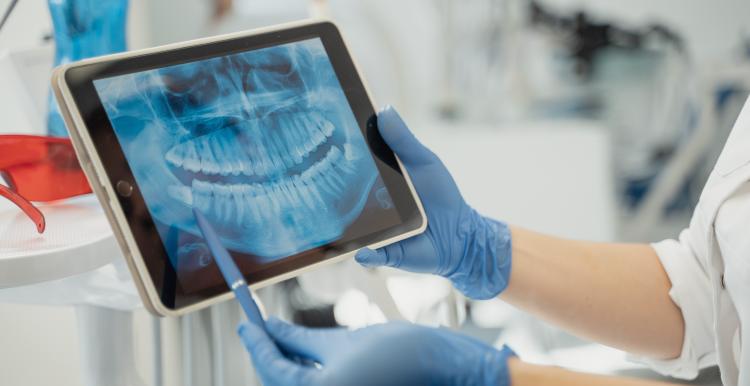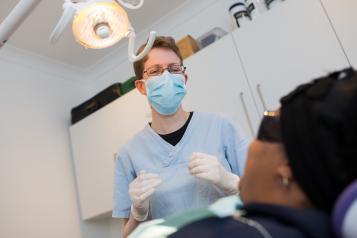How does the NHS dental system really work?

How is the NHS dental service different to other NHS services (without going into huge detail of course as we could talk about that all day!)
Most NHS care is free at the point of care, but not NHS dentistry. Most people have to pay, unless they are exempt – see list here.
The government first introduced dental charges in 1951 and every year in April, the govt announces what charges patients have to pay for NHS dental care.
Why is it harder than ever for patients to get an NHS dental appointment?
There were well publicised access problems in England, long before Covid. Put simply, there has never been enough NHS dentistry to go round. That’s because the government only funds dental care for around half of the population, therefore the demand for NHS dentistry is much greater than what the government is willing to pay.
The pandemic has had a devastating impact on dentistry, on people’s oral health and has exacerbated longstanding access problems. The strict infection prevention protocols, laid down by the Department of Health, that dentists must follow to ensure that patients and dental staff are safe - limit the number of patients that dentists can see.
The dentists’ trade union and professional body, the British Dental Association – the BDA – estimates that over 30 million appointments have been lost since the first lockdown in England.
The latest figures only capture the period just before the first lockdown, so we’ve yet to see the full impact. We do know that the opportunity to pick up dental disease early has been missed for many, when conditions are easier (and cheaper) to treat and the need to remove teeth might have been prevented. Healthwatch has done a lot of work to highlight the horror for anyone, who felt they had no option but to resort to DIY dentistry because they could not get dental care they desperately needed. This is totally unacceptable in modern Britain.
Some dental practices I’ve called say they can’t give me an NHS appointment but offer me a private dental appointment, when I don’t want one, why do they do that?
NHS England is responsible for buying NHS dental services for local communities around the country. Dental practices vary in the amount of NHS dentistry that they can provide, depending on the size of the dental contract they have with their local NHS England.
In practical terms, this means that practices offering NHS dentistry are paid a fixed budget for a fixed amount of dentistry, but once that money is used up, then practices’ only option is to offer private care.
What can I do if I am in pain and don’t have a regular NHS dentist?
Most practices will keep slots for their regular patients, but if you don’t have one, you could dial NHS 111. They may have a list of a few practices that provide emergency slots on a daily basis.
So many people have told Healthwatch that they cannot get an NHS dentist for love nor money, what else can I do?
Dentists work to a much-criticised, target-driven dental contract that fails both dentists and patients, especially those patients that tend to seek care only when they are in pain.
Dentists, patient representatives, including Healthwatch, and two health select committees, and countless MPs have said the dental contract isn’t fit for purpose. How can it be fair that dentists are paid the same amount to do one filling or 10 fillings?
The BDA and Healthwatch issued a joint statement a few months ago calling on the government to reverse a decade of cuts in the dental budget. Both of us are concerned that no attempt has been made to keep pace with both inflation and population growth. Indeed, the BDA said it would take an additional £879m from the Treasury just to restore resources to 2010 levels.
Lobby your local MP to ensure that NHS dentistry is properly funded to ensure that people can access care when they need it; the government also needs to get rid of crude targets that is driving dentists away from the NHS.
What can I do to look after my teeth?
Almost all dental disease is preventable, so here are some tips to keep your teeth and gums healthy.
Always brush your teeth last thing at night with a fluoride toothpaste, and on one other occasion.
Brush all the surfaces of your teeth, front and back and don’t forget those hard to reach teeth at the back.
Spit out any residue left in your mouth, but don’t rinse otherwise you’ll dilute the beneficial effect of fluoride which helps protect your teeth against tooth decay.
It’s difficult to clean in between teeth but you can use small brushes – interdental – designed to clean the spaces between your teeth, or if the spaces are too tight use floss.
Cut back on sugary foods and snacks and keep any sweet treats to mealtimes
The pandemic won’t always be with us – we hope, so see your dentist regularly – when you can – to nip problems in the bud.


